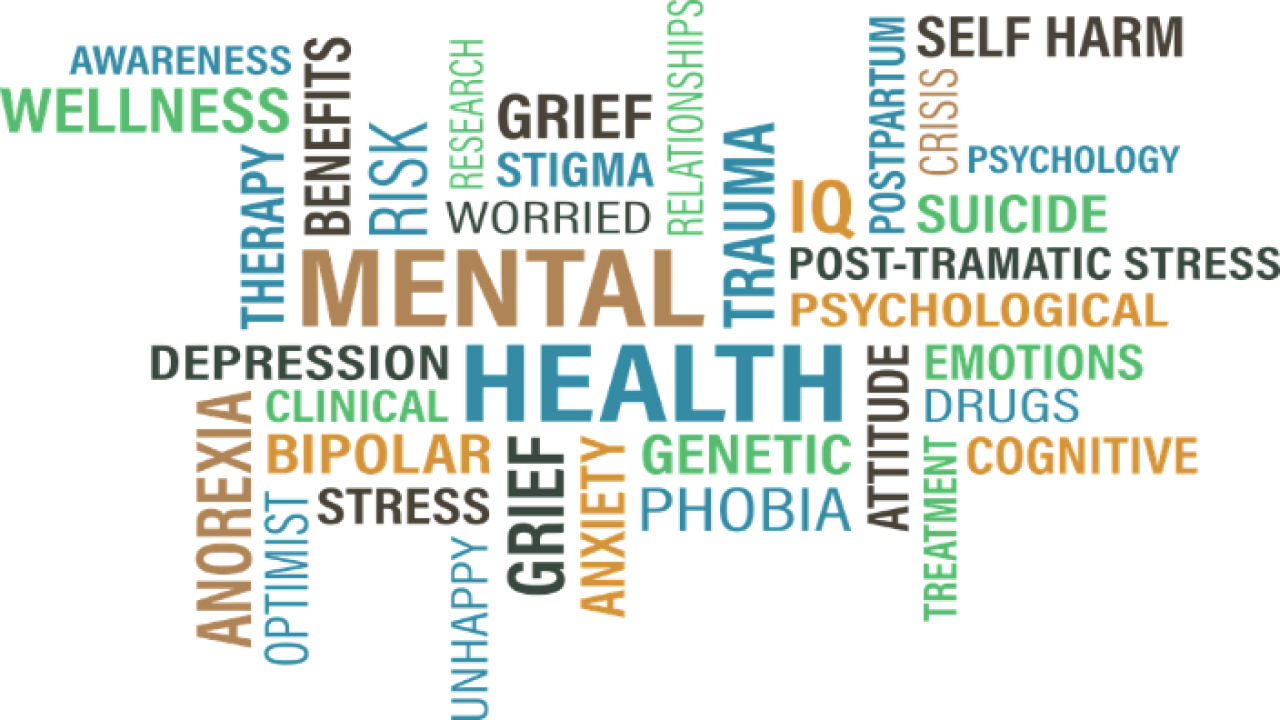The Black Dog Institute which is a mental health research organsation has created Mycompass as an online self-help tool to help people deal with anxiety, depression and mental health to minimize people from harming themselves or reduce the suicide rate down, as on average 6 Australian commit suicide every day and further 30 people attempt to end their lives.
According to Black Dog Institute director Helen Christensen, technology has been seen as new tools that can be utilized at large scale to reach out to people without having to wait to ask, to talk to some one or to talk face to face with some one about their concerns but they share ideas, opinion constantly 24-7.
Shannai Pearce who has committed suicide when she was 14 years old said that she has vent her spleen online and if there is this tool, it will definitely help her in some sort of way.
The Black Dog Institute has launched a major research project to see how technology can best be harnessed to create a far-reaching and tailor-made safety net.
The Black Dog Institute director Helen Christensen says most people at risk of suicide do not seek traditional mental-health services, meaning online tools can prove crucial.
"So we know that many people, up to maybe 60 per cent of people, will attempt suicide or even take their own lives and not have been in contact with a health service. I think scale, getting to everybody, is the only way that we're really going to change suicide rates, because we can't predict who's going to make a suicide attempt," said Christensen. "For me personally, I didn't really feel like I was experiencing any sort of mental illness. I just had this fixed belief that I was a burden and that I just was not a great person to be around ... um, that I was different and that I didn't belong," Shannai Pearce
Stigmatisation about mental health can prevent people from some communities to seek help.
Monica Das has experienced firsthand about why people with mental health problem don't seek help. She end up setting up Haathi in the Room to help women in Indian and South Asian communities
"In my sort of cultural community, I found it very difficult to even open up and tell anybody what was going on. To be honest, there was that fear that it was a sign of weakness on my part, that I should almost be ashamed," said Das.
Ms Das's organisation is a reminder that, when it comes to suicide prevention, it is not just about reaching those in need, but making sure the message is heard.
"A lot of people these days may not get the chance to get out of their day-to-day lives and go and speak to someone and sit down and talk with them, and so, if they can see people sharing their stories, say, through videos, or are able to connect with some material that we've posted online, that helps them out a little bit."
If you or someone you know needs immediate help, you can call Lifeline at any time on 13 11 14.#
Mloog tau SBSHmong, rau hnub zwj Teeb (Thursday) thaum 6 pm AEDT thiab hnub zwj Hnub (Sunday) thaum 11 am AEDT los yog koom tau ntxiv ntawm Facebook, Google podcasts, Spotify, thiab Apple podcasts los yog download SBS Radio App thiab SBS Hmong podfollow
kom koj mloog tau SBS Hmong.





